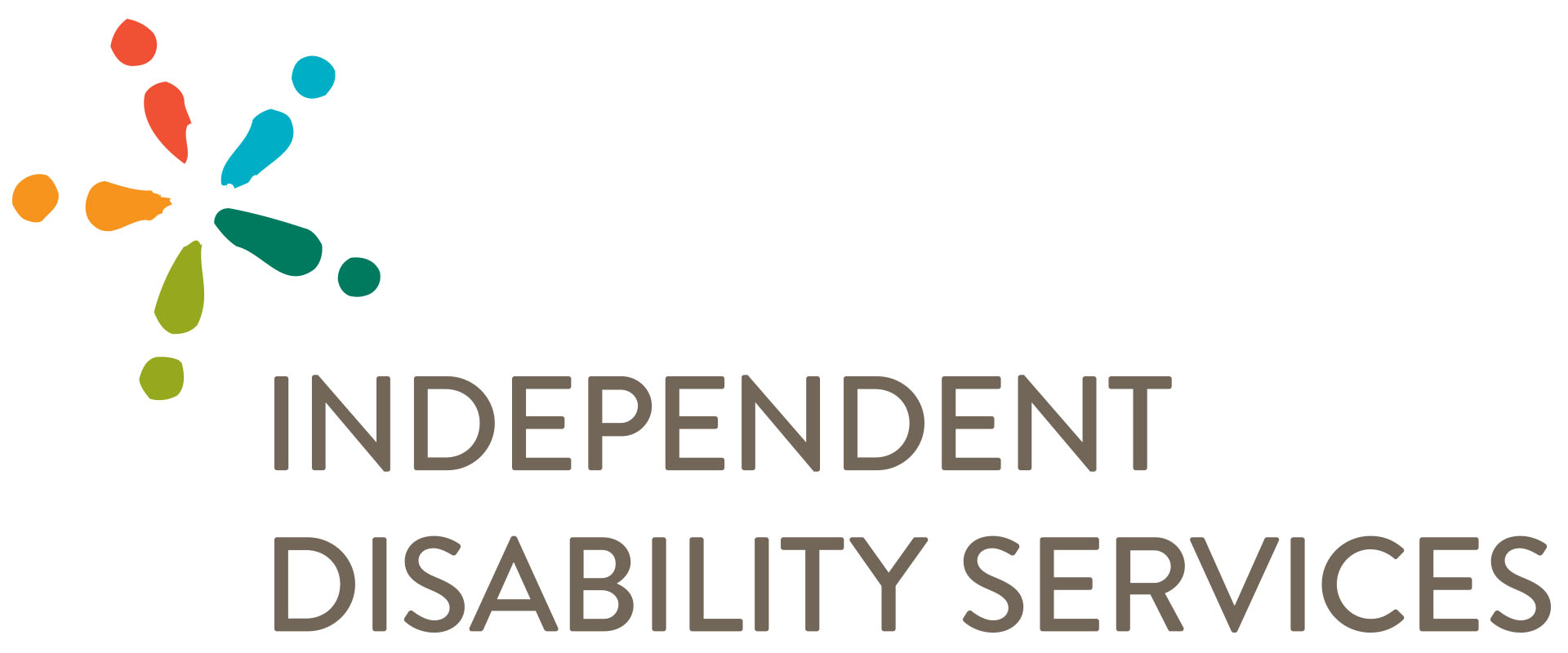What are NDIS and How Can They Help? A company that provides support services for disabled people is the best option. It can be beneficial for individuals with disabilities to seek out assistance from a company that can assist them with their daily activities. A company can provide services such as housekeeping and transportation, meal preparation assistance, medical aid, companionship, interpretation, and medical assistance. Any person with a disability may need assistance. A business can provide this through a professional like a disability support worker.
What are Disability Support Services (DSS)?
You will need disability support services if you suspect you might have one or more disabilities. Before you begin the process, ensure you know your limitations so you can get the right assistance. Although it can seem daunting to meet with a representative of a company that offers disability support services, you should be able to clearly understand what you are doing before you even begin.
What are Disability Support Services (DSS)?
NDIS Fairfield Limitations For example, a healthcare professional cannot perform a task that is physically possible for an able-bodied individual. A disability support service professional can be helpful for people with disabilities who experience pain or difficulty in daily living activities. Disability support services may be available if you have a medical condition that requires you to take medication on a regular basis, if you cannot cook, bathe, or perform any other tasks normally performed by a healthy person. If you are suffering from diabetes and are not able to regulate your glucose levels, for example, you could benefit from daily exercises or the instruction of a medical professional.
What are Disability Support Services (DSS)?
Legal Affordability. A person who is disabled or unable work may require the assistance of disability support services. Depending on your particular situation, you may need assistance with managing your finances or you may just want to be able work again after you have healed. In certain situations, you may need legal help or disability support. Also, you might want to see if your medical insurance can change to cover these support services.
- Work-Related Conditions Sometimes employers don’tallow employees who are disabled or have special medical conditions to perform certain duties. This can have a negative impact on your work and the lives of your supervisors and co-workers. This is commonly called a work-related sickness or disability. If you suspect you may be suffering from one of these conditions you should speak to your boss or the human resources department. They can help you request assistance from professionals who specialize in disability support. They can assist you by helping to adjust your work requirements, or by providing medical care that will allow you to return to work in a reasonable time.

Medicaid and Medicare – If you qualify, your insurance will likely cover a portion or all your expenses related to receiving disability support services. Contact your local Medicaid or Medicare office to get details on which services are covered. Medicare Eligibility requirements vary from state-to-state. It’s best to get in touch with a local Medicare office for specific information. For Medicaid, you will likely have to meet certain income guidelines or have other requirements. For more information, contact your local Medicaid office.
Grants and assistance with disabilities If your employer does no offer disability support services to employees, there are many grants available that will help disabled individuals. There are many programs that offer cash awards to eligible individuals for a variety purposes. The type and amount of grant you get will depend on your personal circumstances and what you want to accomplish. For example, you may be able to get enough money to pay an electrician for emergency repairs. You might also be eligible for cash grants that can be used to fund daycare costs or start a new business.
Grants for intellectual disability are available to those who are employed at least 50% of the time and who have completed a specific program to prepare for work. You may need to meet additional requirements, such as a specific level of education or proof of specific skills. For example, individuals with intellectual disabilities may need proof that they can perform mathematical functions. People with physical disabilities will need evidence that they are able to use a hand-on handicapping device. It doesn’t matter what type of grant you apply for, it is crucial to fully understand the requirements to ensure that you select the right grant for you.

